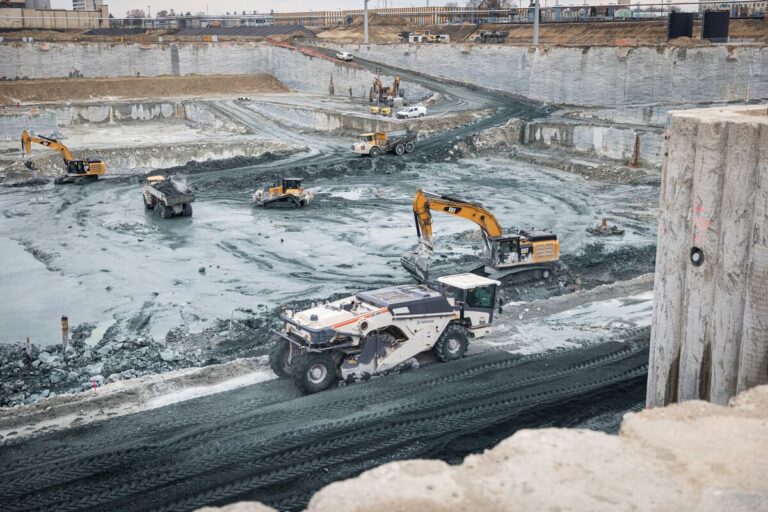Paks nuclear plant project
Austria appeals against Hungary’s Paks nuclear aid, EU court adviser agrees

Paks NPP expansion: the Hungarian Atomic Energy Authority bans work in parts of the 5th block construction site – PHOTOS

Key supplier to Paks II was involved in corruption back home in Russia, guest workers face mass layoffs

Hungarian FM Szijjártó: Energy security must be protected from unilateral actions at UN Assembly

FM Szijjártó believes that the Biden administration hinders the Paks NPP expansion

PM Orbán awards ‘Mr Russia’, Hungary interested in Russia’s new security system

Paks II nuclear plant upgrade moves ahead under strict international oversight

Paks Nuclear Power Plant expansion reaches new milestone

International organization confirmed that the Paks NPP operates safe, dependable

Serbia’s big energy move: Partnering with Hungary’s Paks Nuclear Plant

Szijjártó in Minsk: Record gas deliveries highlight Hungary’s energy cooperation with Russia

Historic agreement: French and Russians will deliver fuel rods for the Paks NPP!

Hungarian foreign minister meets with Rosatom CEO, IAEA DG

Thousands of Russians arrive in Hungary to work on the Paks II project

Hungary solar power output hits record high, Paks construction ‘reaches new milestone’

Paks nuclear power plant free to overheat the Danube in the future?

Unexpected: Russia may build a third nuclear power plant in Hungary by 2035!

Melt trap arrived at Paks Nuclear Power Plant





 ZH
ZH IT
IT DE
DE HR
HR NL
NL FR
FR JA
JA RO
RO RU
RU ES
ES TR
TR
